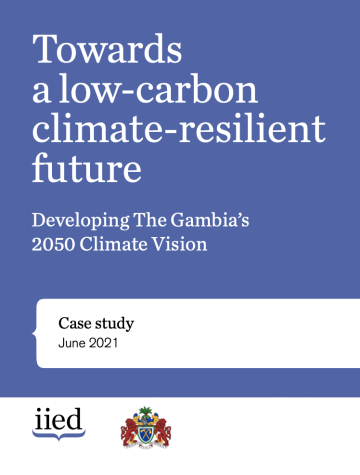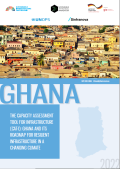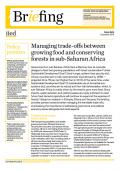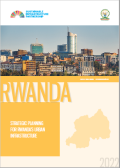
Alongside the impacts of hindered socioeconomic development, The Gambia faces challenges in agricultural and coastal landscapes resulting from high climate variability. To ameliorate such drastic shifts in its climate events, The Gambia must strategize to maintain long-term and resilient low-emissions growth.
In accordance with the Paris Agreement's target of keeping global warming below 1.5°C by 2050, The Gambia has established targets and programmes for its climate-resilient development. The study reports that through structural and collaborative tools, the country has solidified its national grounding regarding the implementation of the Paris Agreement, while addressing its need for domestic capacities as well.
The case study offers a range of long-term strategies, emphasizing the need for an improved climate finance system that can gather contributions from all sectors. To reach the goal of net-zero emissions, The Gambia will also need to address green growth from locally driven approaches to issues such as debt distress and biodiversity, all of which contribute to its national development goals.



